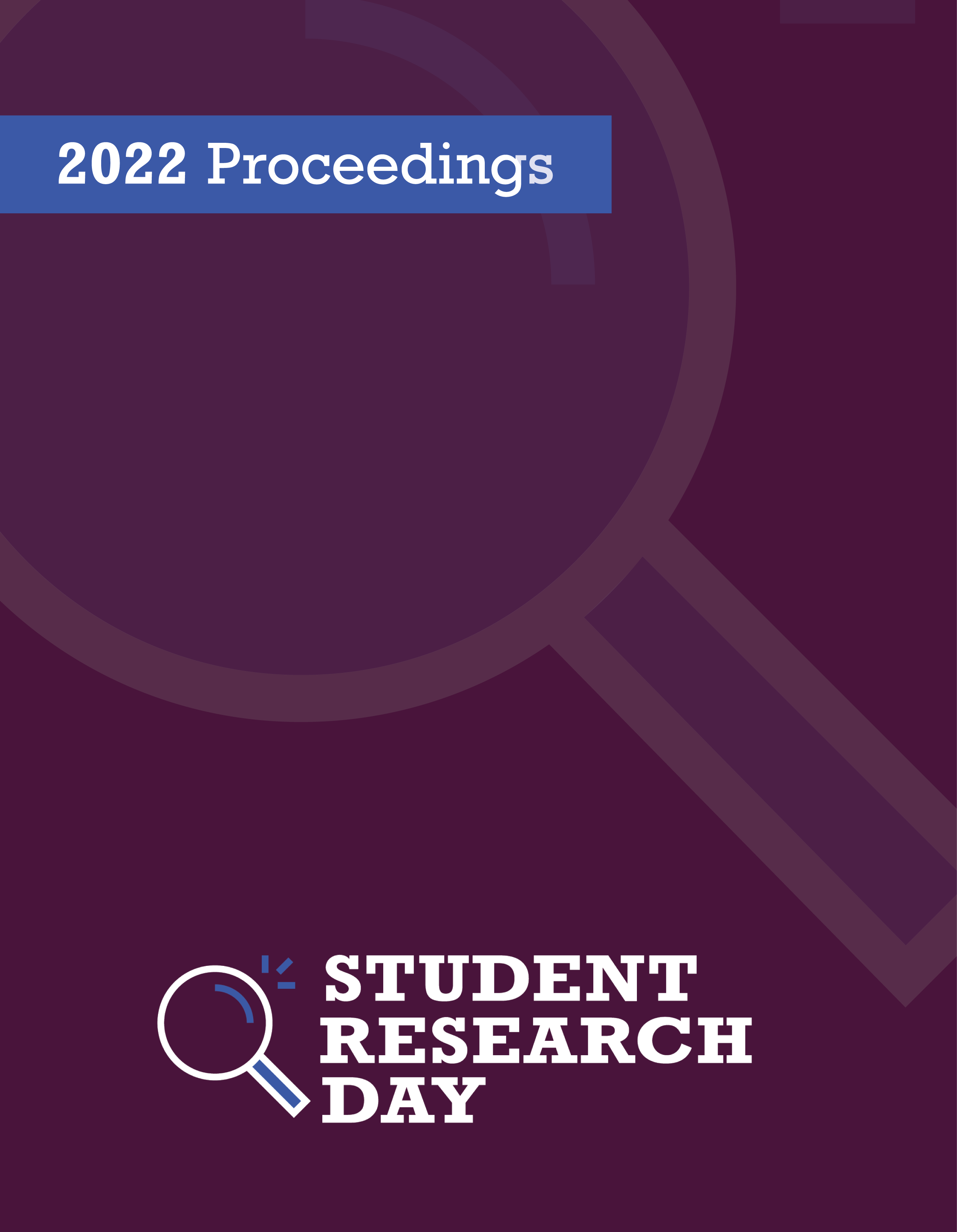Motivations and perception of others in political disagreement
Abstract
An important part of being a participating citizen in a democracy is to share alternative perspectives. However, political conversation can be highly polarizing, and any ensuing conflict can damage relationships. Therefore, it is valuable to understand why these conflicts sometimes occur in order to design suggestions to reduce the intensity of such conflict. This project examines the motivations people bring to political discussions when talking to people we disagree with. We are interested in how we perceive other people’s motivations, and how those motives may differ from our own. We will also explore the way that stronger or weaker relationships with the other person can impact these perceptions. MacEwan University students will be asked participants to think about political conversations they have had with people they disagreed with, and to indicate their perceptions of the other person. We expect that people will perceive themselves to be motivated to learn and persuade others, and will perceive people they have a strong relationship with to have the same motivations. However, we expect that people with weaker relationships will perceive the other person to be less motivated to learn, but still motivated to persuade. With strong relationships, there is trust and familiarity, which allows for openness towards new information. However, there is a lack of trust with weaker relationships, which can create some defensiveness in discussion. Therefore, we perceive the other person to be less willing to learn about our opinion and are primarily concerned with persuading us.
Department: Psychology
Faculty Mentor: Dr. Craig Blatz
References
Published
Issue
Section
License
Authors retain any and all existing copyright to works contributed to these proceedings.



